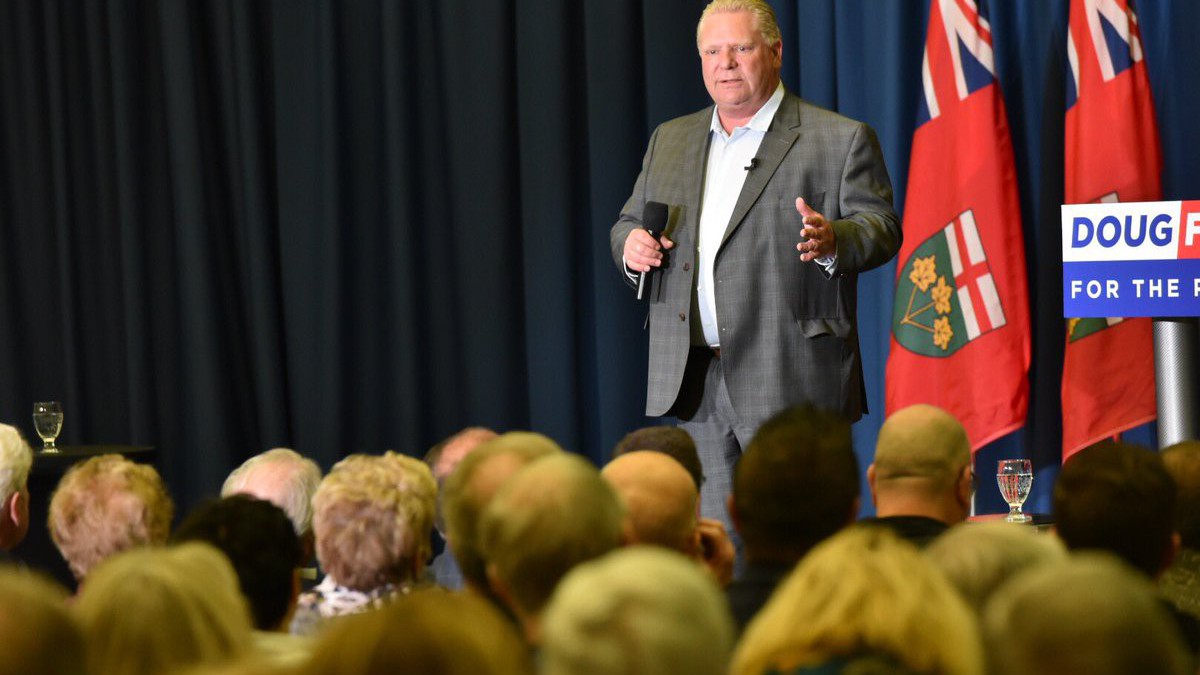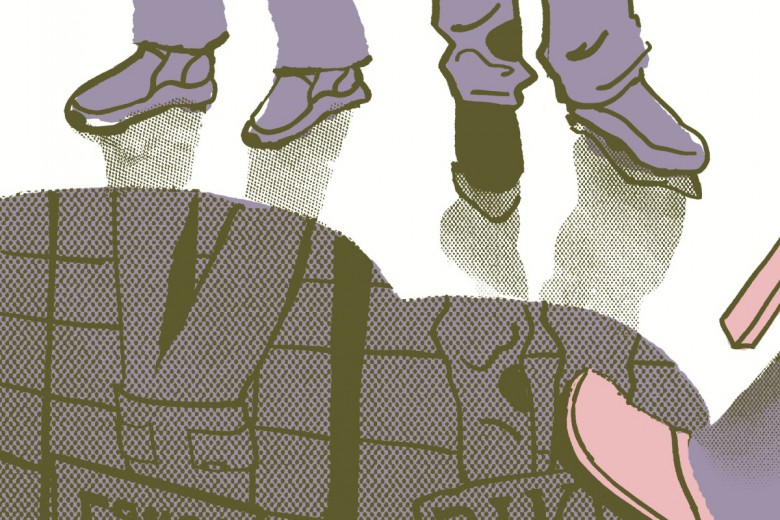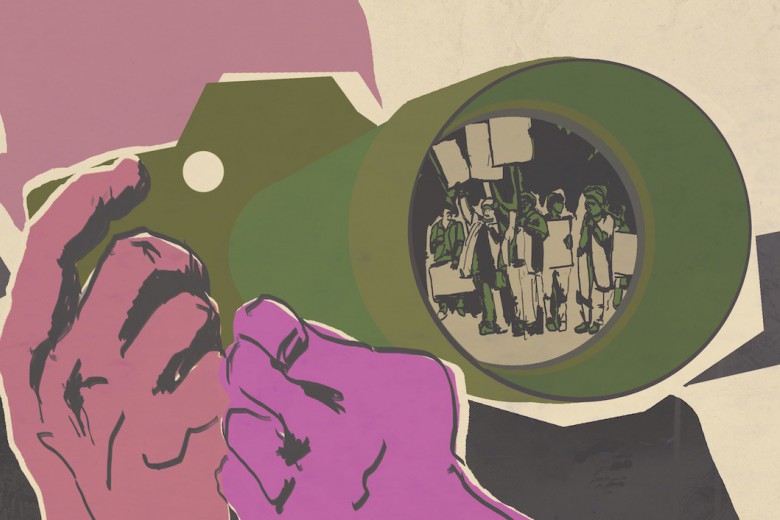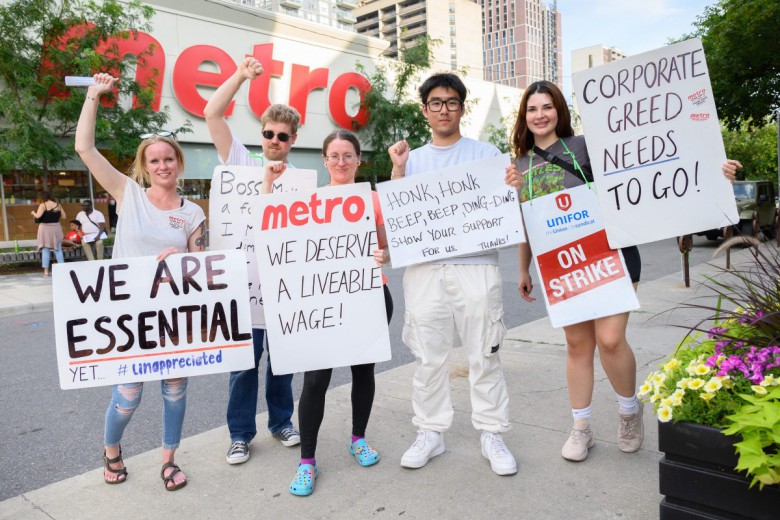As Doug Ford’s Tories mount a class war against workers and communities in Ontario, a fight back is underway. The Fight for $15 and Fairness is challenging Ford’s cancellation of both a minimum wage increase and vital legislative improvements to workers’ rights. Multiple protesters – including a woman in her 70s – have been handcuffed and removed from the public gallery of the legislature as they denounced the Tory effort to turn Toronto’s city council into a docile tool for the implementation of their agenda. Tens of thousands of high school students walked out to decry Ford’s bigoted assault on curricula. The Ontario Coalition Against Poverty (OCAP) is working with allies to fight an impending right-wing “welfare reform” designed to fuel a desperate scramble for the worst jobs.
It would be unfair to say that there has been no union involvement in these struggles. OCAP has worked with CUPE Ontario in challenging the gutting of social assistance and there has certainly been union support in the fight for low-wage workers. However, we must assess the situation from the standpoint of how serious the Tory attack is. Fifteen years of Liberal austerity by stealth have given way to Ford’s brand of brute force and ignorance. His threat to use the notwithstanding clause in the attack on Toronto city council, and his brazen assertion that he will routinely use this “nuclear option” to thwart judicial review, gives some sense of the crude ruthlessness we face. His finance minister’s preposterous theatrics around “discovering” an enlarged provincial deficit are the writing on the wall.
A regime of class war and social devastation is before us and unless it can be effectively challenged, it will take a sledgehammer to the social infrastructure and gains of working-class people. By these standards, it seems hard to suggest that the trade unions in Ontario are developing and implementing a bold counteroffensive equal to the demands of the situation.
Fifteen years of Liberal austerity by stealth have given way to Ford’s brand of brute force and ignorance.
Unions need to mobilize their money, organizers, and meeting space to build a social movement that defends past gains but leaves no one behind. The rights of unionized workers and public-sector jobs must be defended, of course. But unions also need to prioritize the defence of Indigenous rights, as Ford has made the Minister of Energy, Northern Development and Mines responsible for Indigenous affairs. They need to rally behind Black and Brown communities, injured workers, and the poor and the homeless, in anticipation of the brutal social cutbacks that will be imposed on them, and the racism and xenophobia that Ford will embolden. The working class is much broader than the present membership of the trade unions, and the movement against the Ford Tories must reflect this. The task of mobilizing the communities under attack is, at the same time, a project to develop and expand the union activist base as participants in a working-class common front. Local assemblies and anti-cuts committees need to join forces to be strong enough to push back against Ford’s agenda.
Doug Ford is not going to be swayed by moral appeals and restrained protests. He will forge ahead unless he meets a resistance he is forced to reckon with. This resistance means economic disruption and defiant social mobilization on a scale he doesn’t have enough cops to contain. The political strike must be a central part of this. Unions are some of the only progressive organizations with the power to bring production to a halt and to stop the flow of goods and services.
I doubt that a majority of union leaders in Ontario will welcome this perspective, so it is necessary to begin at the base. Union activists need to start organizing, building alliances, and taking action with a view to creating a critical mass of active resistance that can impact how unions react to the Tory attack.
Ford is creating a storm of working-class and anti-racist anger that, if it is given a way forward, can be unstoppable but, if blocked by conservatism in our own ranks, will flounder. Ontario has become a testing ground for hyper austerity at the hands of a political buffoon. In the months ahead, we can create an inspiring model of effective resistance – but for this to happen, the power of organized labour must be unchained.







